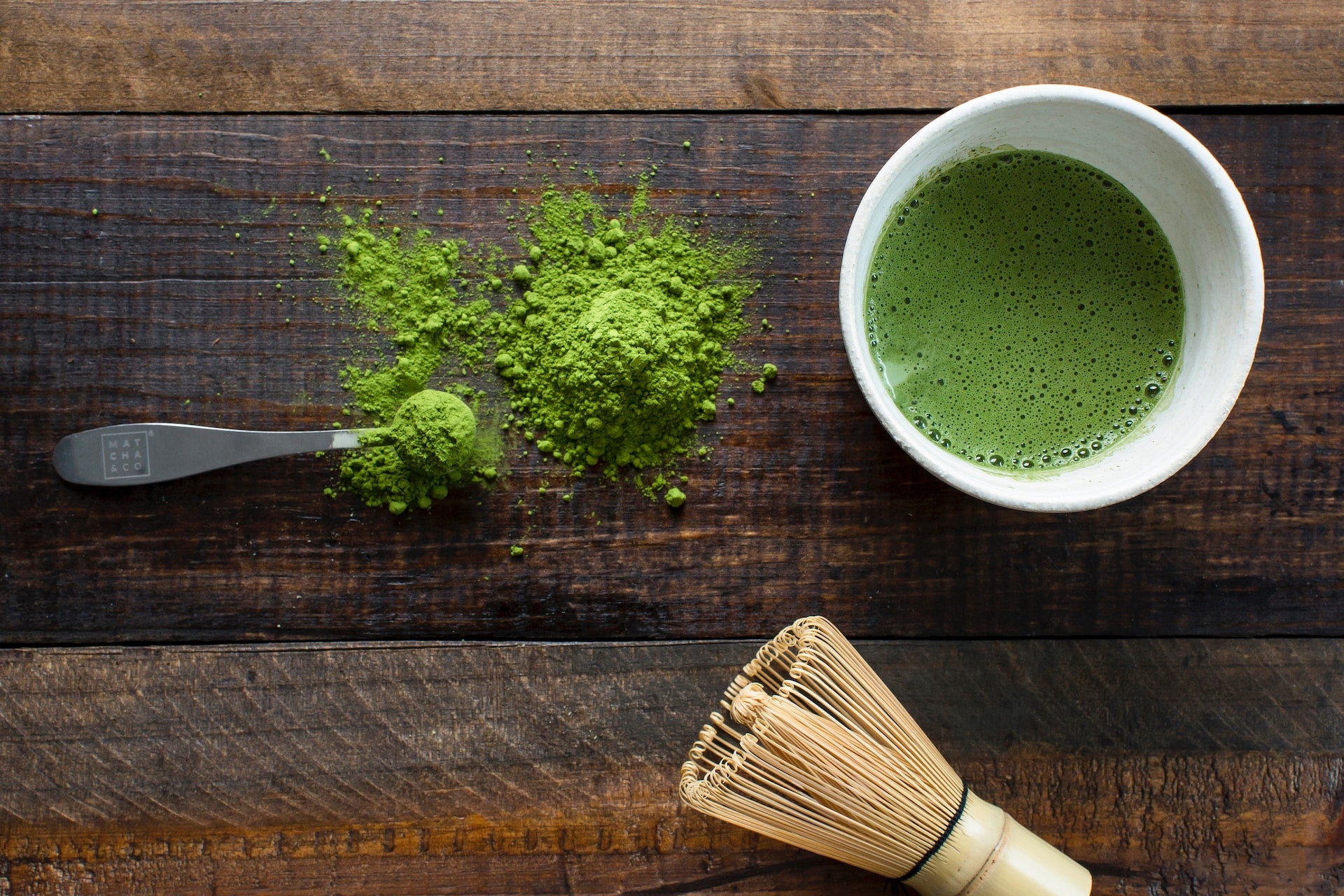There are plenty of reasons that coffee is the most popular stimulant - not least that it tastes great and gives you a buzz. But there could come a point where you're drinking too much and making yourself jittery, causing GI distress, or impacting your sleep. In which case, it might be time to cut back a bit. Let's look at four alternative drinks that will give you an energy boost, improve your immunity, and provide a wide range of other health benefits.
- Chai
The base of spicy chai is black tea. Researchers from Rutgers University found that an extract containing one of its compounds – theaflavin – reduced athletes’ muscle soreness. Black tea has also been shown to reduce the production of stress hormones and protect against age-related mental decline. Chai is sometimes referred to with the Indian word masala before it. As with the curry dish chicken tikka, this is the name for a blend of spices added to chai. While the precise mixture varies between recipes, chai often includes ginger, cinnamon, cloves, black peppercorns, and cardamom. Though best known for curing digestive issues, ginger also reduces the levels of inflammatory markers like TNF-α, C-reactive protein (CRP), and hs-CRP, according to a 2020 meta-analysis. Its gingerol compound is believed to boost immunity. Researchers from the University of Miami asserted that ginger also has pain-blocking capabilities, reducing discomfort in participants with knee arthritis.
If you want to get really into chai, you could blend your own, but to lower the barrier of entry, you can just get it premade. If you’d prefer just the loose-leaf tea and spices, Vahdam is a solid option to brew using whole milk (or your non-dairy alternative of choice) and honey. A liquid blend is even less hassle, with Bhakti Chai and Sherpa Chai offering several different flavor and sweetness options.
- Mexican Hot Chocolate
If you can get past Swiss Miss or whatever your childhood favorite was (and we still wouldn’t turn that down), then any premium hot chocolate blend is going to taste great and provide some health advantages. Per a review by British and Brazilian scientists, these include supporting optimal function of the circulatory, endocrine, and lymphatic systems. Other studies have found that the polyphenols in dark chocolate improve cognitive function and support heart health. Cocoa also offers a decent dose of iron, which your body needs more of when you’re training hard because it helps form the hemoglobin that transports oxygen to your muscles.
If you want to shake up your hot chocolate (pun intended), then give it a Mexican twist. The addition of cinnamon delivers a distinct flavor and a whole host of health-promoting properties. According to a German review of previous studies, “cinnamon has anti-inflammatory, antimicrobial, antioxidant, antitumor, cardiovascular, cholesterol-lowering, and immunomodulatory effects.” Some Mexican hot chocolate recipes also call for a pinch of cayenne pepper. The plant chemical capsaicin doesn’t just create the heating sensation you get from peppers, but also provides cardiovascular protection. “Cayenne peppers can keep blood vessels healthy and may help lower blood pressure,” registered dietician Alexis Supan told the Cleveland Clinic, noting that cayenne also improves gut health and digestion.
- Pu-erh
One of the reasons that green tea has achieved nutrition sainthood is its antioxidants, which protect the body against free radical damage. But a trial that compared pu-erh – which is made by parching and fermenting the same leaves used for green, black, and oolong tea – concluded that it has higher antioxidant content than the other three. This might be due to the fermentation process, which another Chinese study discovered increases the amount of inflammation-fighting polyphenols and cardiovascular health-supporting statins contained in pu-erh. Regularly drinking pu-erh also reduces LDL (bad) cholesterol while elevating HDL (good) cholesterol, thanks to the naturally occurring chemical lovastatin.
This earthy brew has brain-boosting elements as well. A paper published in Molecular Neurobiology stated that pu-erh safeguards brain cells by preventing excessive buildup of glutamate. The authors suggested that it may help to reduce the onset of neurodegenerative disease. The Chinese study found that pu-erh also contains a significant amount of l-theanine. This increases alertness, prompts the release of GABA to reduce anxiety and promote restful sleep, and elevates levels of the mood-boosting brain chemical serotonin.
- White Tea
Of all the main varieties, white tea is the least processed, as the leaves are only dried and withered after harvesting. This minimal method preserves certain plant chemicals that are present in other kinds of tea to a lesser degree. A team of biochemists from the University of Oregon investigated the cancer-fighting potential of white tea. They found that it contained higher levels of polyphenols, which might inhibit the growth of mutant cells. White tea also contains antibacterial, antifungal, and antiviral elements, which a microbiologist from Pace University found inactivated and destroyed bacteria that cause strep, pneumonia, and cavities.
Like the green variety, mild-tasting white tea contains high levels of catechins, plant compounds that support immune function and boost metabolism. A German in-vitro study found that a white tea extract broke down existing fat cells and prevented new ones from forming. The flavonoids in white tea have been shown to lower blood pressure, improve circulation, and regulate cellular activity. All the more reason to go put the kettle on.



















